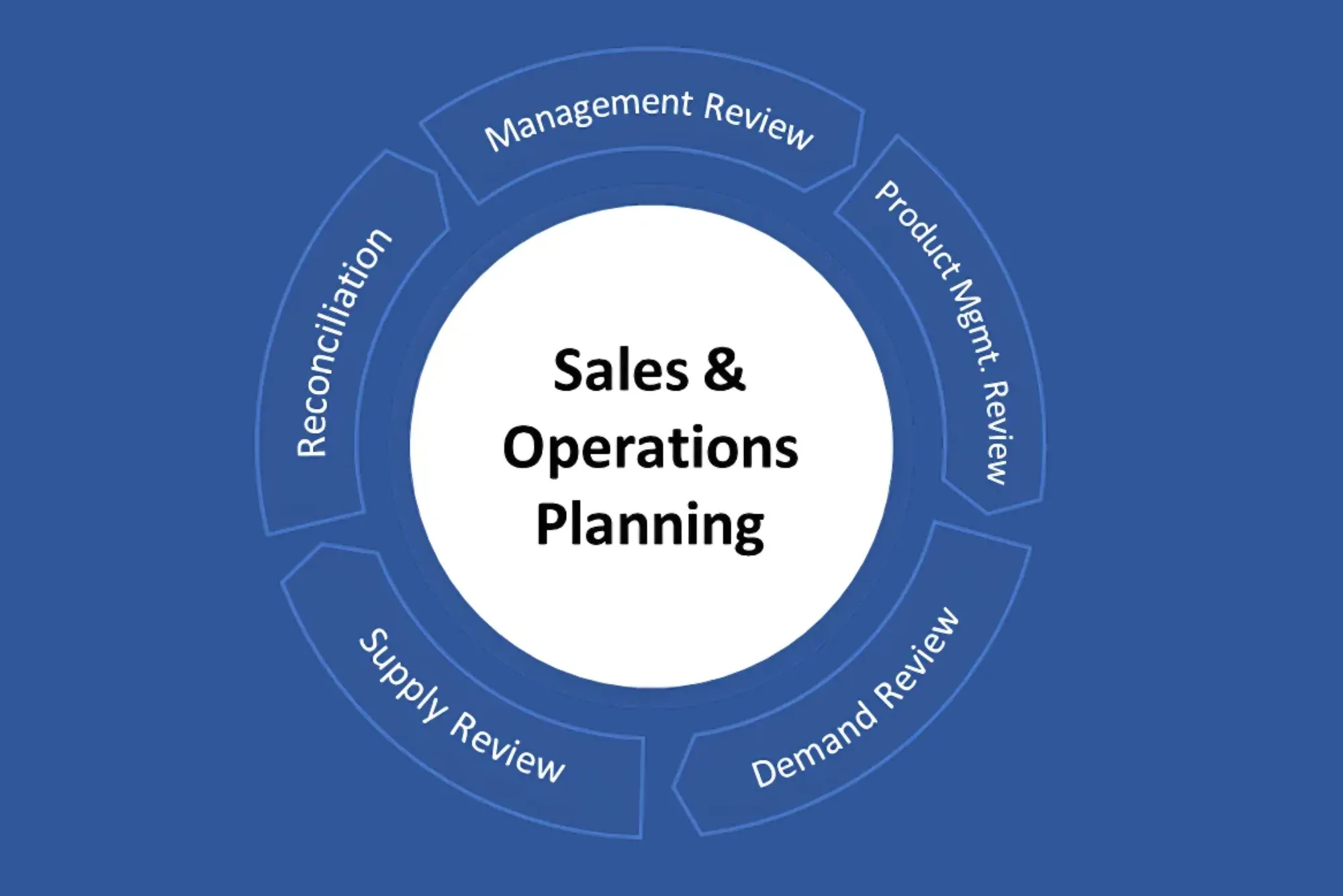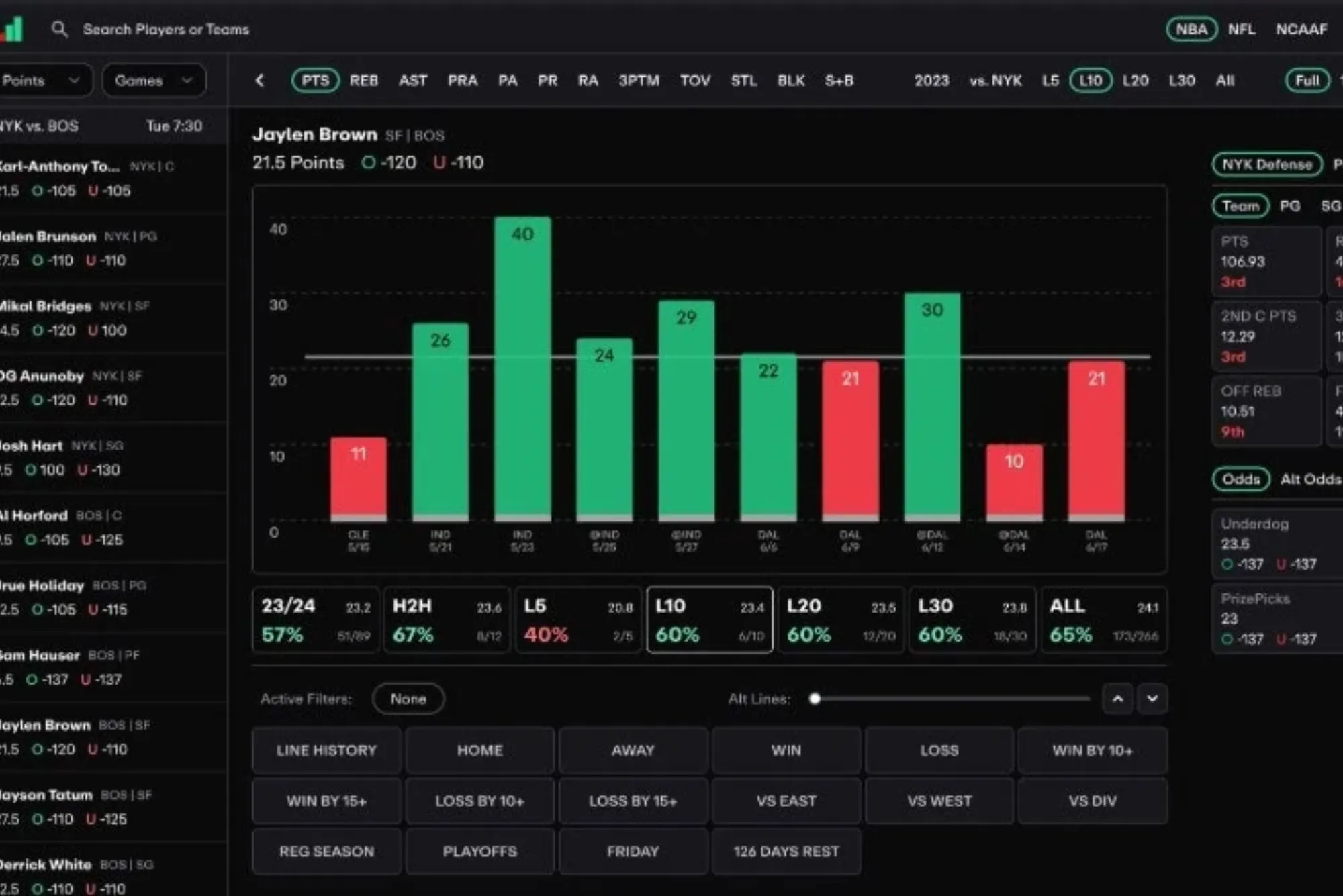If you’ve ever placed a live bet during a sports match, you may have noticed how quickly the odds can shift. A football team misses a penalty, a basketball star picks up a foul, or a tennis player suddenly loses momentum—and within seconds, the betting lines adjust. For players, this can feel almost magical, as though the sportsbook has a crystal ball. But the truth is, it’s a combination of data, technology, and psychology that drives these constant fluctuations.
Live betting, also known as in-play betting, has become one of the most exciting aspects of modern sports gambling. It allows bettors to react in real time to the unfolding game, making wagering more dynamic and interactive than traditional pre-game betting. Understanding how sportsbooks set and adjust these odds can help you make smarter decisions and appreciate just how sophisticated the industry has become.
The Foundations of Live Odds
Sportsbooks don’t start from scratch when a game kicks off. Pre-match odds are carefully calculated using historical data, player statistics, and market trends. These odds serve as the foundation for live betting. Once the game begins, real-time adjustments are layered on top of those original calculations.
For example, if Manchester United are heavy favorites before kick-off, the live odds will reflect that baseline even if the opposing team scores first. The sportsbook knows that one goal doesn’t erase the bigger picture of form, squad depth, and momentum. This initial anchoring is crucial for keeping odds within a logical range.
Algorithms and Real-Time Data
The real magic of live odds adjustment comes from algorithms. Sportsbooks employ advanced models that track every detail of the game: possession percentages, shots on target, player substitutions, injuries, and even crowd energy in some cases. These inputs are constantly fed into predictive models that update the probability of each possible outcome.
Imagine a tennis match where a player starts serving poorly. The model recognizes the higher chance of losing serve and adjusts the odds accordingly. These updates happen within seconds, sometimes faster than broadcasters can show the replay. Many of these models borrow techniques from financial trading systems, where prices fluctuate instantly based on supply, demand, and market activity.
This kind of rapid data analysis is not limited to sports. In fact, gambling platforms across the board rely heavily on technology-driven adjustments to keep players engaged. It’s the same principle that powers entertainment options such as slot sites uk, where algorithms determine outcomes and ensure fairness while keeping the experience dynamic.
Human Traders Still Play a Role
Despite the sophistication of algorithms, sportsbooks don’t leave everything to machines. Human traders, also known as oddsmakers, oversee the process. Their job is to sense when the models may be overreacting or underreacting to certain events.
For example, a star striker being substituted due to injury may prompt the model to swing odds dramatically in favor of the other team. A human trader might tone down that shift if they believe the replacement player is still strong enough to keep the game competitive. This blend of human intuition and machine precision ensures odds remain balanced and realistic.
The Impact of Betting Volume
Odds are not just about what’s happening on the field—they’re also influenced by what bettors are doing. If a large number of people suddenly bet on one outcome, the sportsbook may adjust the odds to balance its risk.
This is known as “book balancing.” Sportsbooks aim to attract wagers on both sides of a bet so that no matter the outcome, they collect their margin. If too much money flows toward one side, they make the other side more attractive by offering better odds. In live betting, this process happens rapidly, as player sentiment can swing wildly during a match.
Psychological Triggers and Player Behavior
One often-overlooked factor in live odds adjustment is psychology. Sportsbooks understand how bettors think and design their odds to take advantage of emotional reactions.
When an underdog scores first, casual bettors often rush to back them, believing an upset is on the horizon. Sportsbooks might slightly underprice the favorite to capitalize on this overreaction. Similarly, after a dominant team concedes unexpectedly, the odds for them to win may lengthen just enough to entice bettors to “buy the dip.”
Recognizing these patterns can help sharp bettors avoid emotional traps and spot opportunities where odds don’t fully reflect the true state of play.
The Role of Latency
One technical challenge sportsbooks face is latency—the small delay between real events and when bettors see the odds. Even a few seconds matter. If a sportsbook lags behind the live feed, savvy bettors could exploit that delay to place risk-free bets on outcomes they already know.
To prevent this, sportsbooks often suspend betting temporarily during crucial moments like a penalty kick or set point. Once the event resolves, odds reopen instantly, updated to reflect the new reality. This ensures fairness and protects the house from being exploited.
How Bettors Can Use This Knowledge
Understanding how sportsbooks adjust odds gives bettors a valuable edge. Instead of blindly reacting to every goal or foul, you can learn to interpret the bigger picture. Ask yourself: is the algorithm overreacting to a minor event? Is public sentiment driving odds in one direction, creating value in the opposite?
Patience is another key skill. Often, the best opportunities in live betting come not from chasing every swing but from waiting until the odds overshoot reality. That’s when sharp bettors find the greatest value.
Final Thoughts
Sportsbooks adjust odds during live games using a combination of data-driven algorithms, human oversight, betting volume, and psychological insights. It’s a sophisticated dance of probability and perception, designed to keep odds accurate while ensuring the house maintains its edge.
For players, understanding this process transforms live betting from a guessing game into a strategic challenge. By recognizing how odds are shaped and why they shift, you can make more informed choices—and perhaps even spot opportunities others overlook.
Live betting isn’t just about the thrill of reacting to every moment. It’s about understanding the underlying system that makes those odds possible. And in that knowledge lies the potential for smarter, more rewarding play.











